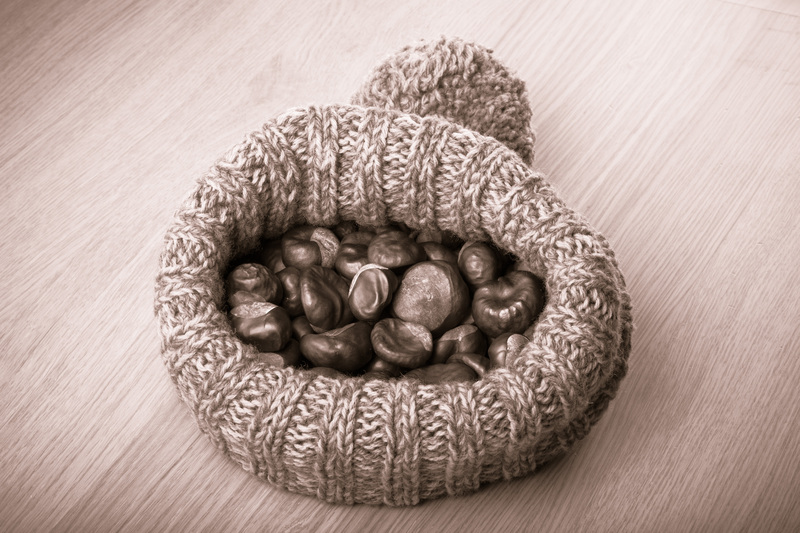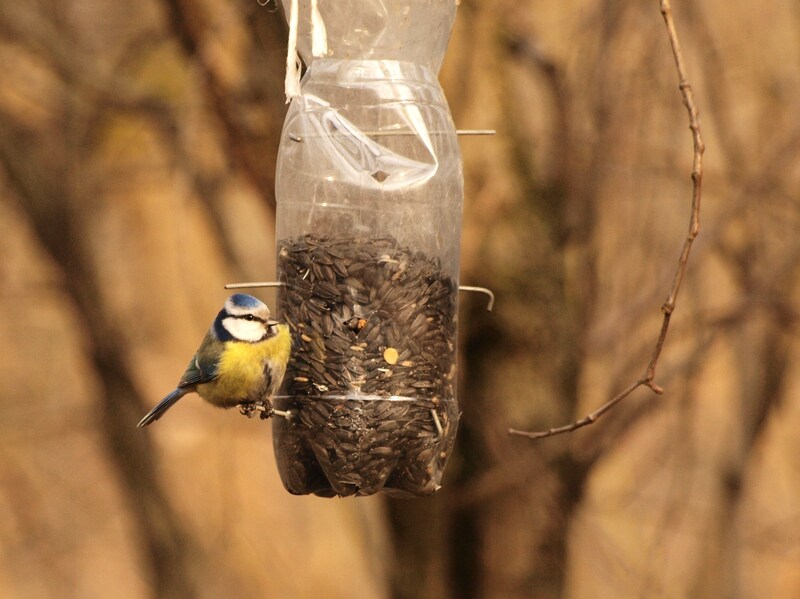Mindful Methods to Decrease Your Reliance on Plastic: A Comprehensive Guide
Plastic pollution poses one of the gravest threats to the environment in the modern world. Every year, millions of tons of plastic waste find their way into the oceans, contaminating water, threatening marine life, and entering the food chain. While plastic offers undeniable convenience, it's time we rethink our relationship with it. This article explores mindful strategies to reduce plastic dependency--simple, actionable steps you can take to make a real difference.

Why It's Important to Minimize Plastic Use
Reducing your use of plastic isn't just a trendy movement; it's an environmentally responsible lifestyle choice. Here's why:
- Plastic takes centuries to decompose, contaminating soil and water.
- Microplastics have invaded our food and water systems, posing health risks.
- Wildlife often mistake plastics for food, leading to death or severe health problems.
- Plastic production releases large amounts of greenhouse gases, contributing to climate change.
Decreasing your reliance on plastic protects the planet and ensures a healthier future for coming generations. Let's delve into mindful methods that can help you do just that!
1. Mindful Shopping: Rethink What You Buy
A. Carry Reusable Bags Everywhere
Say goodbye to single-use grocery bags by investing in sturdy, reusable shopping bags. Leave a couple in your car, purse, or backpack so you never have to opt for disposable plastic bags again. Cotton, jute, or recycled PET bags are excellent choices.
- Choose bags with strong handles and ample space to make shopping hassle-free.
- Lightweight mesh bags are great for produce.
B. Buy in Bulk and Use Your Own Containers
Buying in bulk reduces packaging waste and often saves you money. Numerous stores now allow customers to bring their own containers for buying grains, beans, spices, and snacks. This dramatically cuts down on single-use plastics such as bags and wrappers.
- Print or write tare weights on your containers for easy checkout.
- Select glass, stainless steel, or BPA-free plastic containers for reuse.
C. Avoid Over-Packaged Products
Be vigilant while shopping. Many products are unnecessarily wrapped in layers of plastic film, trays, or containers. Choose items with little or no plastic packaging, such as bar soap instead of bottled body wash, or loose fruits and vegetables instead of pre-packed alternatives.
2. Switch to Plastic-Free Kitchen Habits
The kitchen is a major hub for plastic use. Here are smart methods to transform your kitchen into a sustainable, eco-friendly space:
A. Ditch Single-Use Plastics
Replace these commonly used disposable items with lasting, reusable alternatives:
- Swap plastic wrap for beeswax wraps or silicone lids.
- Use glass or stainless steel containers instead of plastic ones.
- Try bamboo or metal cutlery instead of plastic forks and spoons.
- Buy a set of cloth napkins instead of paper or plastic napkins.
B. Filter Tap Water and Avoid Bottled Water
Instead of buying plastic water bottles, install a water filtration system at home. Use a refillable bottle made from glass, stainless steel, or certified BPA-free materials for when you're out and about. This greatly reduces your reliance on plastic bottles and saves money in the long run.
C. Purchase from Local Farmers Markets
When you buy directly from local farmers and vendors, produce often comes loose or with minimal packaging. Bring your own reusable bags and containers. Supporting local markets also cuts down on the plastic waste associated with shipping and storage of supermarket goods.
3. Adopt a Sustainable Bathroom Routine
Many personal care products are packaged in plastic and contain microplastics. Consider these mindful methods to decrease your plastic dependency in the bathroom:
A. Choose Bar Soaps and Solid Shampoos
Bar soaps and solid shampoos last longer and are generally packaged in cardboard or paper. Many brands now offer conditioner bars and facial cleansers in solid form too.
- Look for products labeled as 'plastic-free' or 'zero waste'.
- Support local artisans who use minimal or compostable packaging.
B. Avoid Microbeads and Plastic-Based Cosmetics
Many cleansers, scrubs, and toothpastes contain non-biodegradable microbeads. Opt for natural alternatives with ingredients like oatmeal, ground apricot seeds, or bamboo powder.
C. Switch to Eco-Friendly Grooming Tools
- Use bamboo toothbrushes with plant-based bristles.
- Choose safety razors or those with recyclable razor heads instead of disposable plastic ones.
- Try reusable ear swabs and cotton rounds.
4. Mindful Food and Beverage Choices
A. Bring Your Own Containers to Cafes and Restaurants
If you love takeout, bring your own reusable containers and utensils. Politely request that restaurants and cafes fill your containers instead of providing plastic ones.
- Carry a stainless steel travel mug for coffee.
- Choose glass or metal water bottles for hydration on-the-go.
B. Practice Mindful Snacking
Most snack foods are heavily packaged in plastic. Try these alternatives:
- Make your own snacks and store them in reusable containers or beeswax wraps.
- Buy from bulk bins with your own cloth bags or jars.
- Choose fruit, nuts, and seeds in their natural state with no packaging.
C. Host Plastic-Free Gatherings
When hosting parties, opt for reusable plates, cups, and cutlery. Avoid disposable straws, and encourage guests to bring their own containers for leftovers. Use cloth tablecloths and napkins instead of plastic ones. These habits help cultivate sustainability in your social circle.
5. Smart Plastic-Free Habits at Work and School
You can employ mindful methods to decrease your reliance on plastic beyond home life:
- Bring your own lunch in a reusable lunch box.
- Use refillable pens instead of disposable ones.
- Opt for notebooks made from recycled paper.
- Carry a reusable water bottle and coffee mug.
- Avoid plastic-wrapped snacks--choose fruits or homemade eats instead.
How to Successfully Transition to a Plastic-Free Lifestyle
A. Start Small, But Start Today
Switching to a plastic-free lifestyle can be overwhelming at first. It's best to start with one or two changes (like refusing plastic grocery bags or replacing your toothbrush) and gradually build up as you get comfortable. Every bit counts!
B. Educate Yourself and Others
Read product labels, watch documentaries, and stay updated on sustainable options available in your area. Sharing your knowledge with friends and family inspires collective action and spreads awareness about reducing plastic reliance.
C. Support Businesses With Ethical Practices
Support companies actively reducing plastic use, offering refill stations, or using biodegradable and recyclable packaging. Your purchasing power can encourage more brands to shift towards sustainable practices.
Creative Ways to Repurpose Existing Plastic Items
Instead of discarding existing plastic products, repurpose them creatively:
- Turn containers into plant pots or storage boxes.
- Use plastic bottles as watering cans or bird feeders.
- Create art or crafts from disposable plastics with children (while teaching them about sustainability).
The Broader Impact: How Individual Choices Add Up
It's easy to feel that individual actions are too small to matter. However, collective change starts with individual mindfulness. Every reusable bottle, every plastic-free meal, and every word of encouragement to a friend adds up to a significant reduction in plastic pollution over time.
Consider this:
- If one person eliminates 100 single-use bags per year, that's 1,000 over a decade.
- A family switching to bulk pantry staples can save dozens of plastic packages per month.
- A single switched product (like a bamboo toothbrush) prevents hundreds of plastic brushes from entering landfills in a lifetime.
By adopting mindful ways to cut down on plastic, your small everyday efforts ripple outwards, inspiring your community, influencing local businesses, and even prompting policy changes in your city.

Common Myths and Misconceptions About Reducing Plastic Use
Let's debunk a few common myths that may be holding you back from a plastic-free lifestyle:
- Myth: "Reducing plastic use is inconvenient."
Truth: With a little preparation, most plastic-free swaps are as simple as mainstream options. For example, carrying your own coffee cup or lunchbox becomes second nature over time. - Myth: "Plastic-free products are too expensive."
Truth: Many reusable alternatives save money in the long run, as you no longer need to keep buying disposables. - Myth: "One person can't make a difference."
Truth: Change starts with you. Sharing your journey encourages others and strengthens collective action. - Myth: "All plastics are recyclable."
Truth: Most single-use plastics and flexible packaging are not easily recycled and often end up in landfills or nature.
Conclusion: Every Step Counts in Decreasing Plastic Reliance
Your journey towards reducing your reliance on plastic doesn't have to be perfect. What counts is making mindful, consistent choices to minimize single-use plastics and encourage alternatives. The health of the planet depends on the collective actions of individuals who care about their environment and their community.
Start small, stay consistent, educate those around you, and remember: every plastic-free decision is a powerful gesture towards a cleaner, safer world.
Frequently Asked Questions on Cutting Plastic Out of Daily Life
- What is the easiest swap to start with?
Begin with reusable grocery bags or a water bottle. They are affordable, accessible, and immediately reduce significant plastic waste. - How can I find plastic-free stores near me?
Search online for zero waste, refill, and bulk stores in your area or look for sections in larger supermarkets offering 'bring your own container' options. - What about plastic in mail or online orders?
Choose businesses that use paper or compostable packing. Where possible, request minimal or no plastic packaging. - Are biodegradable plastics a good alternative?
Biodegradable plastics can still take time to break down and may not compost in regular landfills. Opt for compostable or reusable options instead.
By adopting mindful methods to decrease your plastic dependency, you empower yourself, inspire others, and become part of the global movement for a sustainable future. Make the change today--the planet will thank you for generations to come.